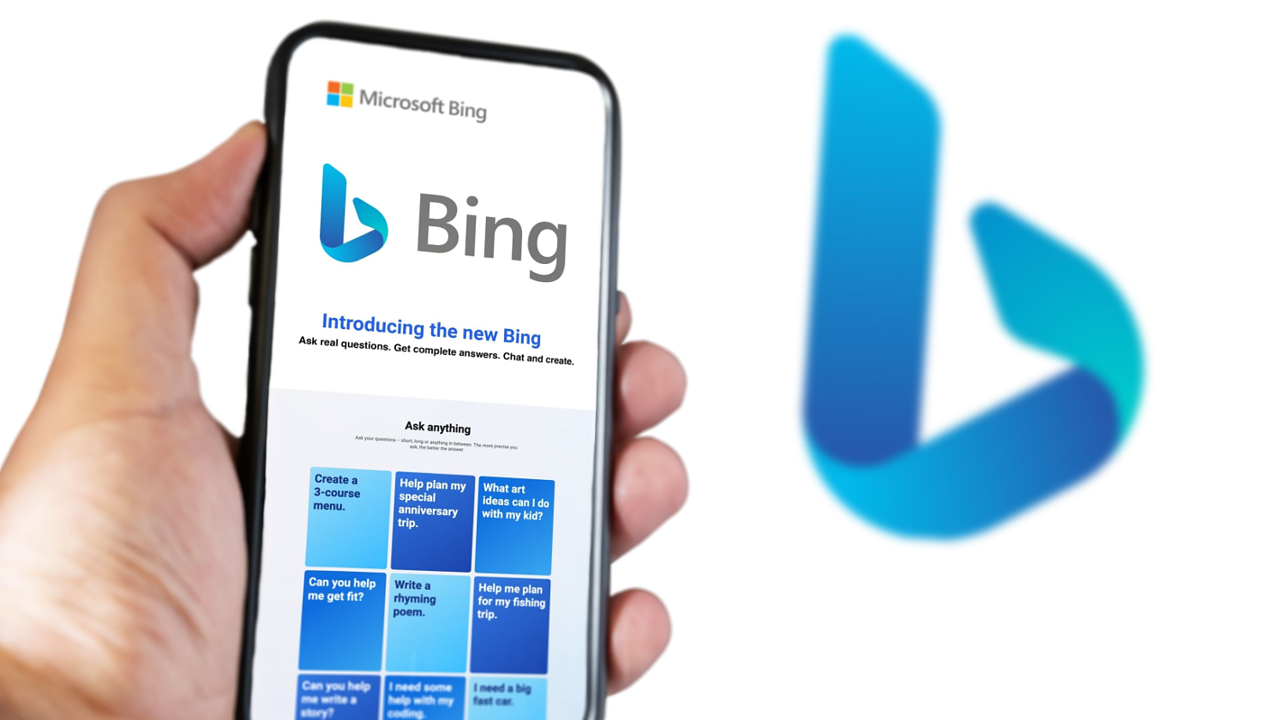In an ambitious move to solidify its presence in the market, Microsoft is gearing up to introduce a range of innovative features to its Bing search engine and chat interface. According to Yusuf Mehdi, a Vice President at Microsoft, the company is planning to integrate new functionalities, including the ability to request and post images, in an effort to sustain its upward trajectory.
During an interview with Bloomberg, Mehdi unveiled the upcoming visual search feature, which will be seamlessly integrated into Bing in the coming weeks to months. Powered by OpenAI’s groundbreaking GPT-4 system, this feature employs multimodal capabilities that ingeniously blend text and images, offering users a truly immersive and interactive search experience.
A striking example of the visual search feature’s potential lies in the realm of creative projects. Users can search for an image, such as a crocheted teddy bear, and then inquire, “How do I make this?” Bing’s AI tool promptly suggests relevant resources, such as websites with crochet tutorials and an assortment of other craft projects to explore. By effortlessly merging text-based guidance with visual inspiration, Microsoft aims to empower users with an enriched creative journey.
Additionally, Microsoft plans to augment Bing’s chat functionality by incorporating third-party services like OpenTable and Wolfram Alpha. This integration will enable users to seamlessly access a myriad of services through Bing chat, facilitating comprehensive answers to queries that may include informative videos and illustrative charts. For instance, a user could type in a request such as, “Find me a dinner reservation for two in New York City tonight,” and promptly receive a link to the renowned reservation service, OpenTable. Such integration of various platforms is poised to redefine the boundaries of search and streamline user experiences.
Yusuf Mehdi expressed his enthusiasm for Bing’s chat features, asserting that they are revolutionizing the way people engage with search. He revealed that approximately 70% of users who have explored the chat capabilities utilize them for search-related tasks. Furthermore, Microsoft’s research indicates that these customers tend to conduct a significantly higher number of searches, underscoring the value and appeal of the chat interface.
Microsoft’s CEO, Satya Nadella, recently lauded the success of Bing’s AI-powered product, citing a remarkable quadrupling of Bing app installations since its launch. Nadella also hinted at an expansion in Bing’s market share in the US market during the last quarter, although he refrained from disclosing specific figures. These promising developments demonstrate Microsoft’s dedication to enhancing its search engine’s functionality and resonate with users’ needs.
While Microsoft celebrates its progress, Mehdi acknowledges the ongoing challenges associated with misinformation and incomplete or inaccurate answers. He emphasized the company’s commitment to meticulously reviewing technology and plans, meticulously considering their impact. Factors such as potential harm, transparency, inclusivity, and bias are all scrutinized to ensure the integrity and reliability of Bing’s search results. The integration of multimodal features further adds complexity to this undertaking, as Microsoft strives to create an inclusive, trustworthy, and comprehensive search experience.
As Microsoft continues to push the boundaries of search technology, the forthcoming enhancements to Bing’s search and chat functionalities are poised to captivate users with their immersive and interactive capabilities. With OpenAI’s cutting-edge GPT-4 system powering Bing’s multimodal features, Microsoft aims to deliver an unparalleled search experience that seamlessly blends text and images, revolutionizing the way users explore the digital landscape. As the tech giant embarks on this transformative journey, it remains steadfast in its commitment to addressing challenges such as misinformation and bias, ensuring a search engine that is transparent, inclusive, and reliable.








